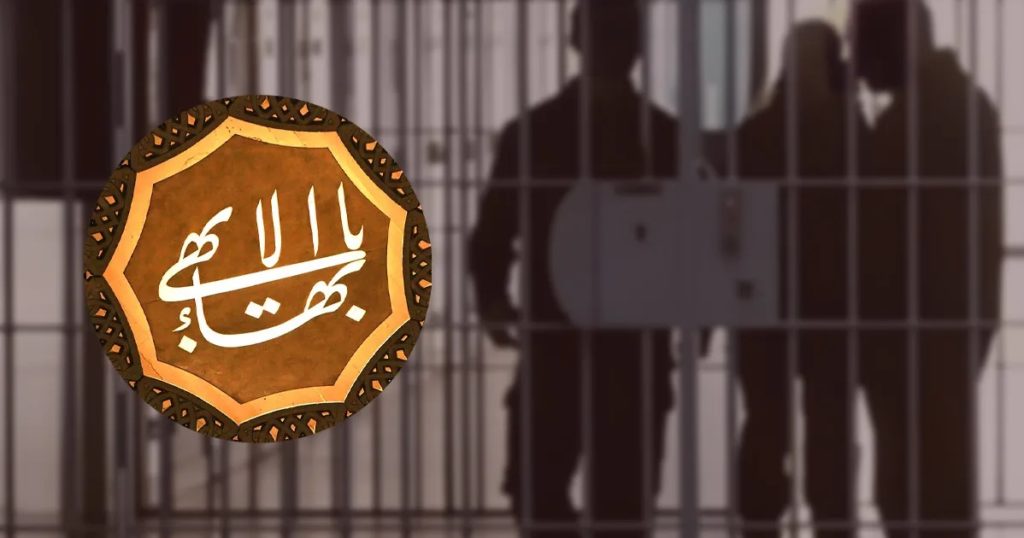Source: iranwire.com
Kian Sabeti

Iran deploys a sinister tactic against the Baha’i religious minority—fabricating legal cases and relentless summonses, creating a web of oppression.
Recent revelations expose the extent of government hostility, leaving Baha’is in constant uncertainty.
IranWire’s interviews with members of the community highlight the fear of arrests and hindrance in burying their dead, showcasing an ongoing assault on their rights.
Baha’is interviewed by IranWire express that they cannot plan for their lives and careers due to the uncertainty surrounding who will be summoned or arrested tomorrow, whose homes will be searched, or whose businesses will be shut down.
A significant and increasing number of Baha’is are awaiting the implementation of sentences, even as many have been released on bail and are awaiting trial.
Roha Emani and Firozeh Sultan Mohammadi, two Baha’is women living in Kerman, were recently summoned to the Kerman Prosecutor’s Office and faced charges and interrogation over allegations of “Baha’i propaganda” and “educational activities against Sharia.”
Emani and Mohammadi were previously detained for 17 days in November last year and subsequently released on bail.
Korosh Rezvani, a Baha’is citizen of Bandar Abbas, was summoned to the Intelligence Department of the city and was later released following interrogation.
Rezvani is the son of Ataullah Rezvani, who was kidnapped and fatally shot in Bandar Abbas in August 2013.
Ataullah was a prominent Baha’i figure in Bandar Abbas who had received numerous threats from the intelligence department and the city’s Friday prayer leader office before his assassination.
Ten years have passed since Ataullah’s death, yet the case remains unsolved, with no identified perpetrator.
Furthermore, several Baha’i citizens in Hamadan were summoned and interrogated over the past few weeks.
The Baha’i International Community (BIC) has also reported the summoning and interrogation of 16 Baha’is from Isfahan.
The systematic persecution of the community reveals a chilling reality wherein the fundamental rights and freedoms of Baha’is are undermined.
“Baha’is are not only deprived of citizenship rights in Iran during their lifetime, but they are also deprived of human rights after death, and the deceased Baha’is and their families are harassed,” a Baha’i citizen told IranWire.
The particular incident refers to the misconduct of Behesht-e Zahra cemetery authorities in burying the deceased in the Baha’i cemetery in Tehran.
Over the past year, Behesht-e Zahra has refused to release the bodies of Baha’is and has only allowed Baha’is to bury their dead in their own cemetery of Khavaran for a hefty fee.
As this fee collection lacked legal grounds and was enforced under pressure from the Ministry of Intelligence, many families of the deceased have refused to comply.
The most recent reported incident was the authorities refusing to release the body of Esfandiar Ghazanfari to his family for burial in the Baha’i cemetery in Tehran, with the deceased’s body remaining in the morgue for over 20 days.
Finally, Artin Ghazanfari, the son of the deceased, revealed on his Instagram page that his father’s body was taken and buried in Khavaran cemetery on March 1.
Authorities have allegedly buried the bodies of Baha’is in mass grave sites of political prisoners executed in the 1980s. This was reportedly done without informing families or performing religious ceremonies over the past year.
Leave a Reply